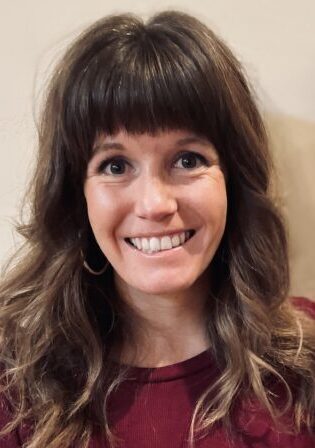Denver
Colorado
Denver’s vision is to help create and sustain a more INCLUSIVE, HEALTHY, VIBRANT and RESILIENT food system. The city’s goals include a 57% reduction in tons of residential food waste collected. This goal is supported by initiatives such as Denver Food Rescue, which helps connect organizations and individuals with excess food to those who need it most.



